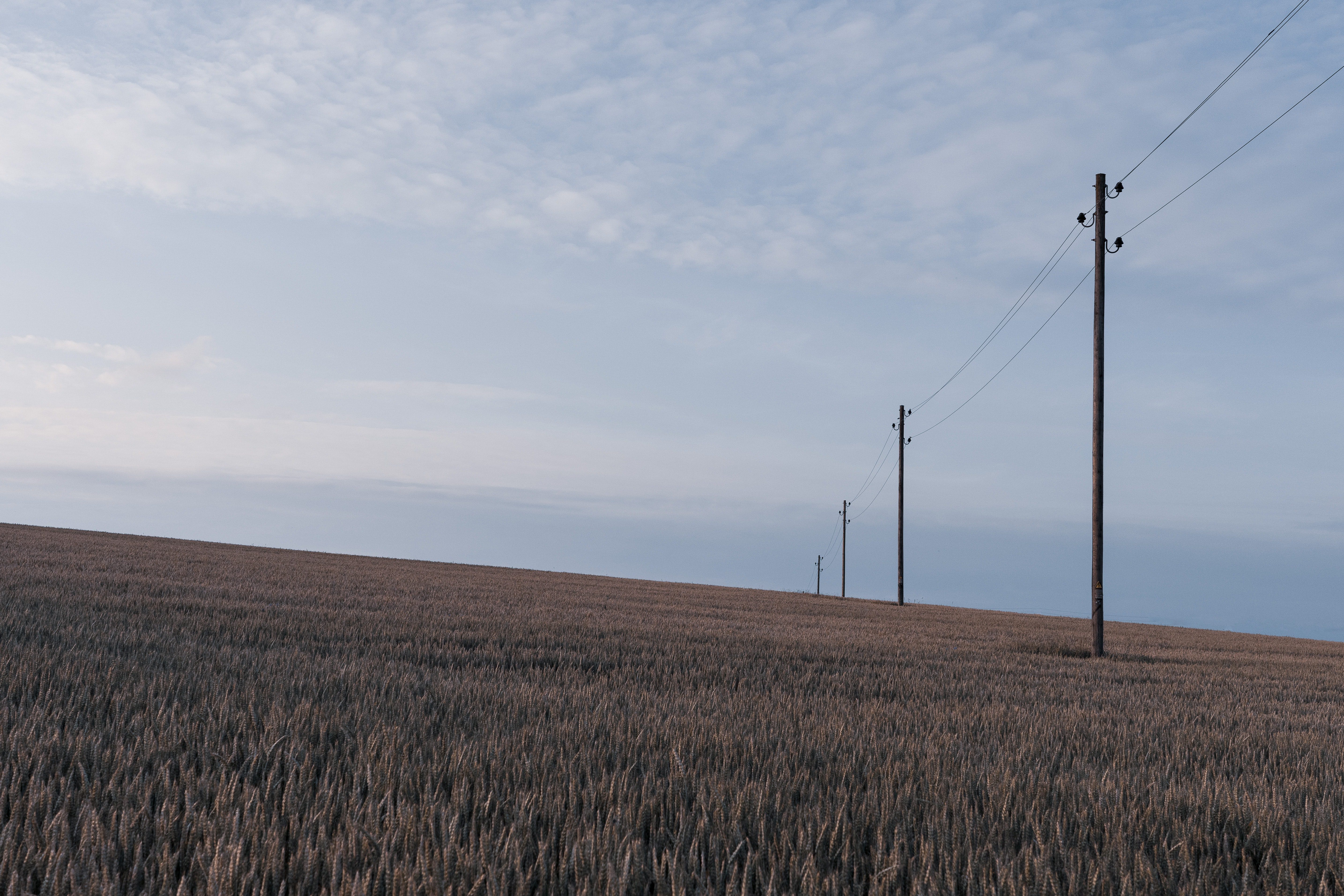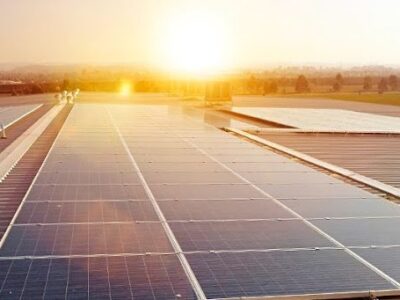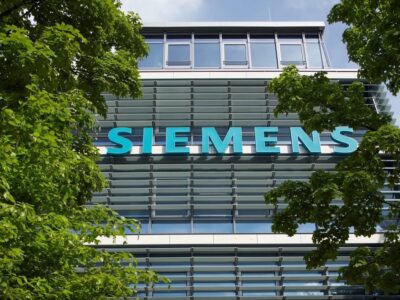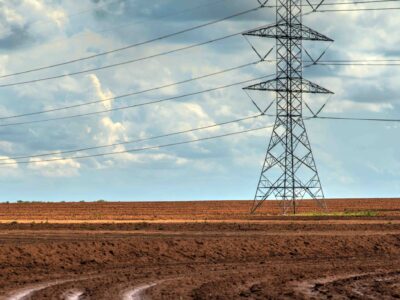The $2 trillion plan to rebuild the nation’s infrastructure includes a substantial investment to update and modernize the nation’s aging electric grid. While that plan waits for approval from Congress, some federal agencies are already investing in rural communities to improve the grid in sparsely populated areas of the country.
In March, the U.S. Department of Agriculture approved $598 million in loans for 11 electric projects, most involving rural electric cooperatives in the South, Southwest, and Midwest. The funds will be used to improve and modernize electric infrastructure in rural communities to ensure they get affordable, reliable power. Beneficiaries include consumers, rural and Tribal communities, businesses, and farmers.
Several loans will help expand smart grid technologies, which the USDA called a “catalyst “for broadband and other telecommunications services in unserved and underserved rural areas.

In a USDA press release, Agriculture Secretary Tom Vilsack said the loans reflect the Biden Administration’s commitment to bringing financial assistance to rural families, making large investments in rural infrastructure, and advancing the administration’s clean energy program.
“Now is the time for our nation to make significant investments in infrastructure — roads, bridges, broadband, and energy — to improve quality of life and support good-paying jobs, transition to a clean energy economy, and keep the United States poised to lead the global economy,” Vilsack said.
Low-interest loans will be made available to nine co-ops across the U.S., as well as the Navajo Tribal Authority in Arizona and ASP2 Rural LLC in Maine. About 460,000 rural residents and businesses will benefit from the loans.
Here’s a look at which organizations and cooperatives are getting the loans, how much they’re getting, and what the money will be used for:
Navajo Tribal Utility Authority ($235.1 million): Will be used to connect 1,340 consumers and build and improve 636 miles of line throughout the reservation’s system. The Navajo Tribal Utility Authority is based in Fort Defiance, Ariz., and serves about 41,500 accounts in Arizona, Utah, and New Mexico.
Warren RECC ($84.1 million): Will be used to connect about 6,700 consumers and build and improve 791 miles of line. Warren RECC is headquartered in Bowling Green, Ky., and serves nearly 68,000 members.
ASP2 Rural LLC ($7.7 million): Will be used to develop three solar photovoltaic (PV) facilities in Maine.
Minnesota Valley Cooperative Light & Power ($22.8 million): Will be used to connect 132 consumers and build and improve 137 miles of line. The cooperative is headquartered in Montevideo, Minn., and serves nearly 5,300 customers in the southwestern part of the state.
Steele-Waseca Cooperative Electric ($19.9 million): Will be used to connect 141 consumers and build and improve 71 miles of line. Steele-Waseca is based in Owatonna, Minn., and serves more than 11,000 customers in the southeastern part of the state.
Intercounty Electric Cooperative Association ($15 million): Will be used to connect nearly 2,000 consumers and build and improve 136 miles of line. Intercounty serves about 30,000 customers in Missouri.
Minnkota Power Cooperative ($80.6 million): Will be used to finance generation and transmission system improvement projects. Minnkota Power, headquartered in Grand Forks, N.D., provides wholesale electric power to 11 distribution cooperatives that serve about 137,000 consumer accounts in eastern North Dakota and northwestern Minnesota.
Verdigris Valley Electric Cooperative ($21.8 million): Will be used to connect more than 1,100 consumers and build and improve 39 miles of line in Verdigris Valley, Okla.
Aiken Electric Cooperative ($69.5 million): Will be used to connect more than 3,300 consumers and build and improve 175 miles of line. Aiken Electric is headquartered in Aiken, S.C., and serves about 48,000 customers in the state.
Central Virginia Electric Cooperative ($16 million): Will be used to connect 610 consumers. Central Virginia serves about 37,000 consumers.
Northern Neck Electric Corp. ($25 million): Will be used to connect 960 consumers and build 40 miles of line. Northern Neck serves more than 19,000 in Virginia’s Northern Neck region.





